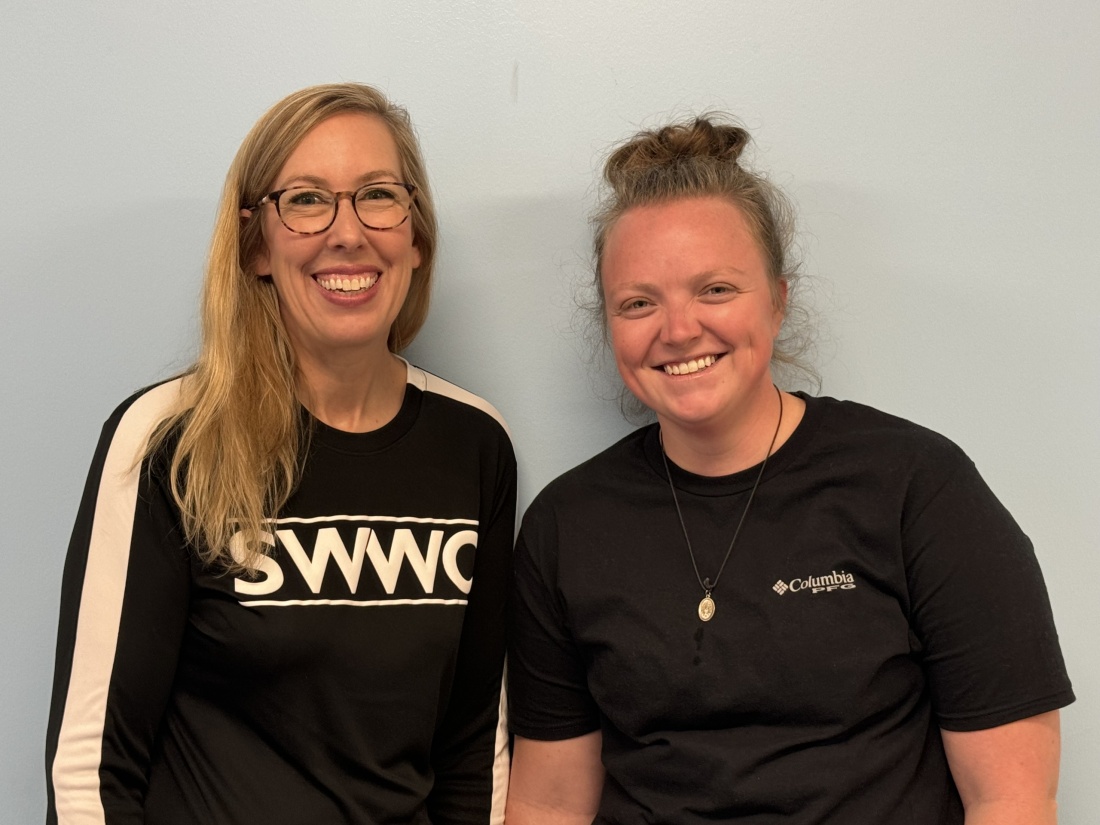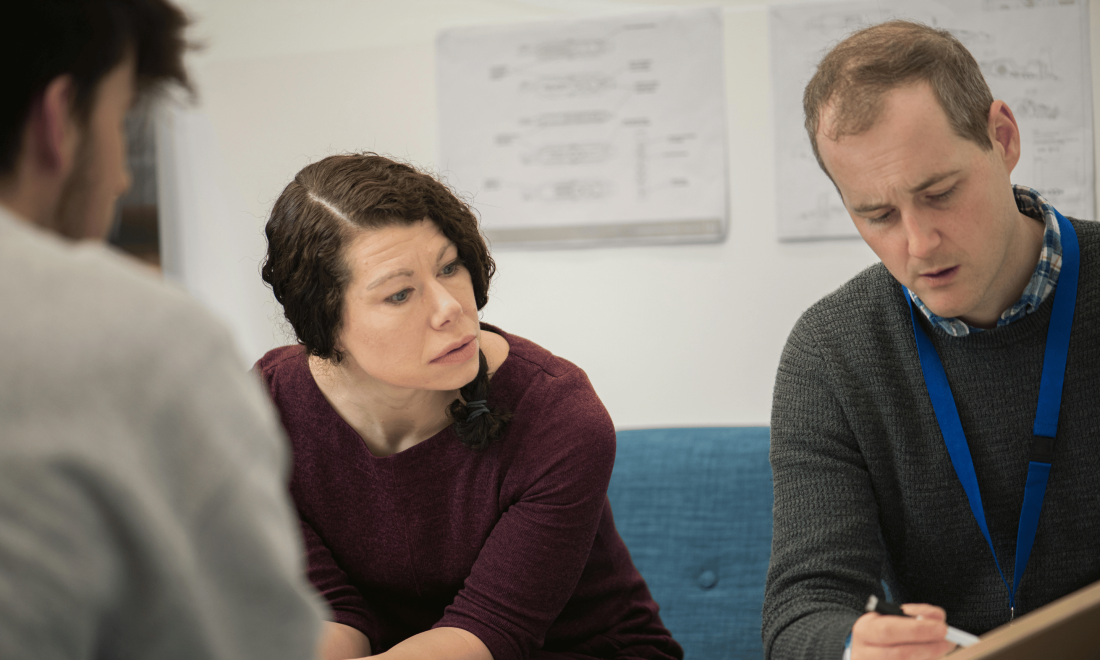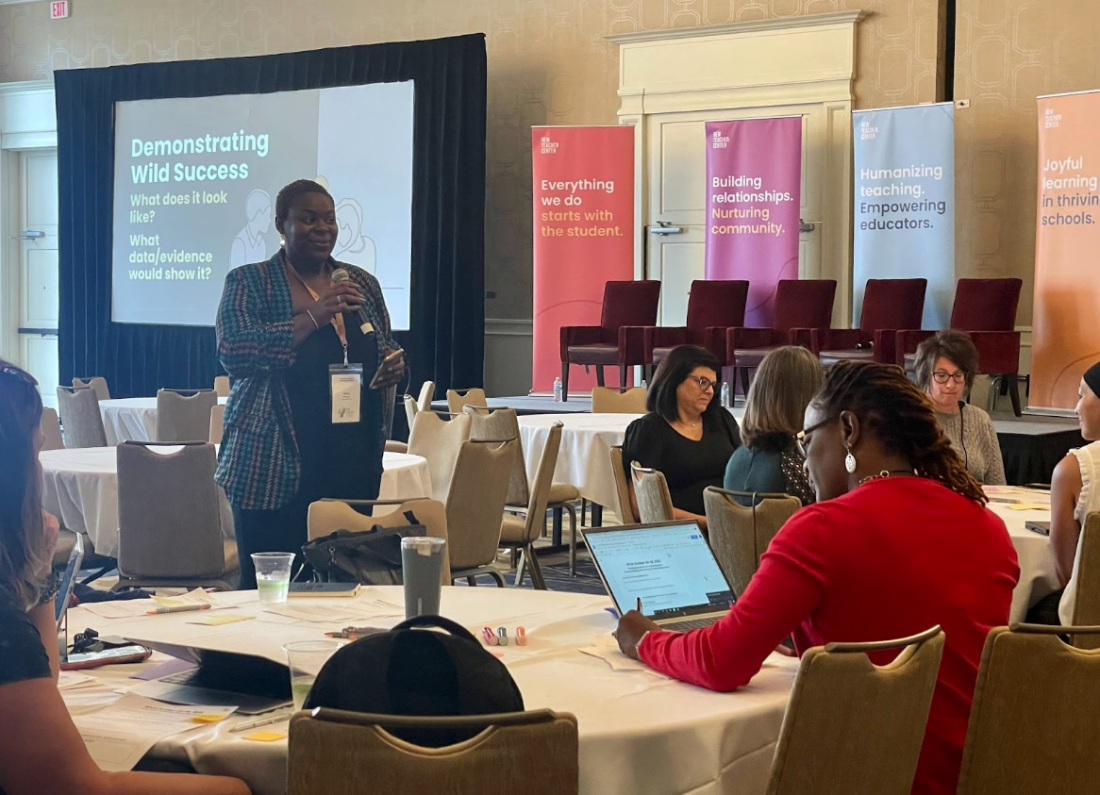Chief Program Officer Christy Harris reflects on the challenges facing the teaching profession and why mentorship is key in shaping the future of teaching.

A former principal of a rural elementary school in Minnesota reflects on how her experience as an NTC-supported mentor bolstered her effectiveness as an administrator and instructional leader.

Beyond the already significant stressors of starting a career in education, new special education teachers face additional, sometimes overwhelming, challenges. Fortunately, our partners tell us our in…

For 15+years, NTC has worked closely with Hawai’i’s State Department of Education (HIDOE), beginning with a collaboration designed to establish one of six “new teacher centers” in some of the …

In our “Bright Spots & Big Ideas in Teacher Induction” series, we chatted with special ed teacher Charlie Josephson about how her coach helped her navigate her first years teaching in Minnesot…

To retain today’s new teachers, comprehensive induction and responsive, personalized mentoring are key. Learn how Fresno USD uses NTC’s mentoring model to support provisionally licensed teachers.

Across the state, champions for beginning teachers are leading thoughtful initiatives that communicate to aspiring and novice educators — “we are going to invest in you and your students’ future…

Our partners in Hawai’i are always looking for “grassroots” ways to co-create, test new ideas, and build local capacity. The Educator Leader Assessment Collaborative, a pilot project to lay the …

Study after study highlights the negative effects of teacher turnover on students and school communities. And that was true even before all the alarming job satisfaction statistics and headlines about…

Mentors are a critical lever for teacher success and retention. Rachel Baker, a mentor teacher specialist in Calvert County Public Schools in Maryland, shared her journey with New Teacher Center, emph…

We’ve been working with partners to define the unique landscape for change at their sites as a starting place for designing impact strategies — What is the current state of instruction? How would …

When we are trying to assess the impact of our work, we need to ask the right question. Are we helping to create learning settings in which students can engage at their highest cognitive and creative …


